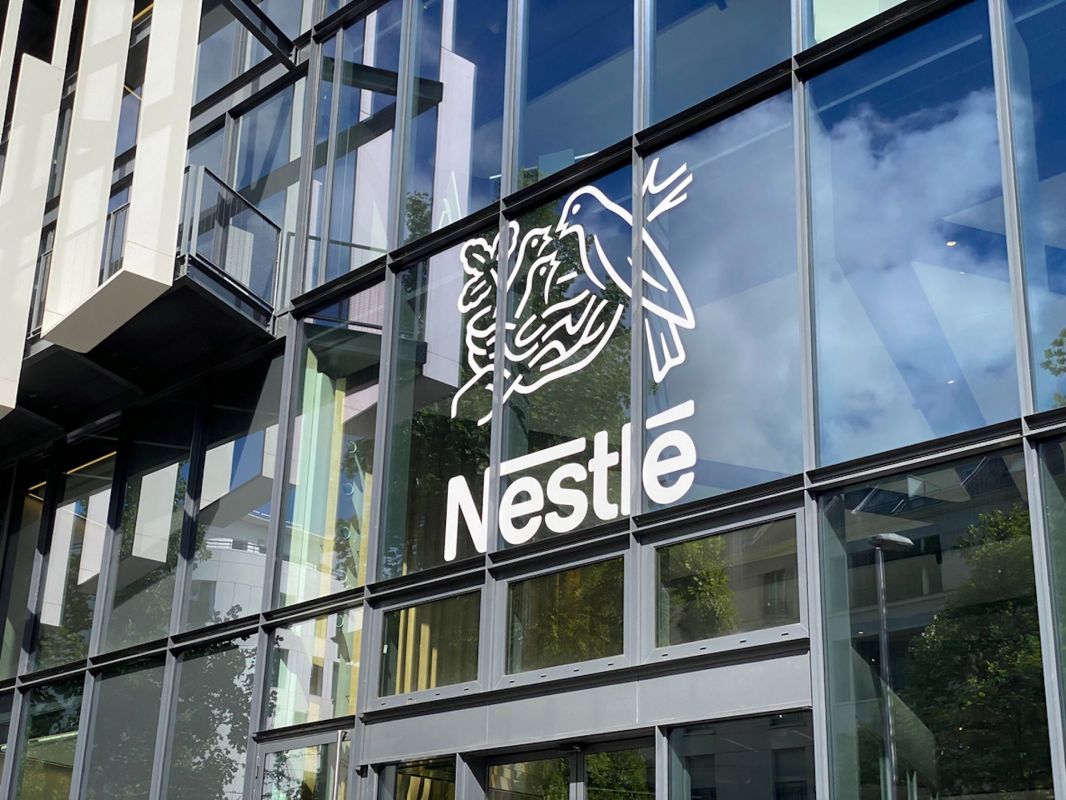Nestlé has cut ties with Marfrig, a Brazilian beef supplier accused of buying cattle from stolen Indigenous lands.
As recently as July 2023, Marfrig was listed as a supplier of beef used in Nestlé's baby food, pet food, and seasonings. A more recently updated list of suppliers does not name Marfrig.
A Nestlé spokesperson told the Bureau of Investigative Journalism that the company decided to phase out Marfrig products in 2021 and "asked our direct suppliers to ensure that we do not receive any meat ingredients from the company."
Last year, TBIJ, the Guardian, and O Joio e O Trigo conducted an investigation that found cattle at Marfrig slaughterhouses were purchased from farms within the Menku territory, home to the Mỹky people. The investigation revealed that over 55 square miles of deforestation on the Menku territory could be traced to a number of Marfrig's cattle suppliers.
Though the Mỹky have lived within the Menku territory — which borders the Amazon rainforest and the Cerrado savanna — for centuries, the Brazilian government did not recognize the territory until the mid-1970s. Last year, the administration of former president Jair Bolsonaro reversed this decision. Since then, at least seven new farms have been registered on Mỹky land.
Marfrig told TBIJ that it does not buy livestock from ranches that illegally encroach on Indigenous land, but it also noted that it only recognizes Indigenous lands that have been officially recognized by the president.
This is far from the first time Nestlé's environmental impact has come under scrutiny. A Nestlé-owned brand peddling collagen sources its products from the same cattle ranches on Menku territory where Marfrig purchased livestock. Additionally, despite promising to reduce its plastic pollution, the brand has increased its plastic pollution in recent years.
The Indigenous Missionary Council is appealing the decision to revoke the territory's official recognition, hoping Brazil's new president, Luiz Inácio Lula da Silva, will restore presidential recognition to the Menku territory. Since taking office in January, Lula has recognized eight Indigenous lands across Brazil.
If the Menku territory is officially recognized again, it will be a win for both the Mỹky people and the environment. Official recognition allows the Indigenous inhabitants of protected territories to use the land according to their traditions and prohibits deforestation.
"This is a big fight against big companies and the agribusiness," Typju Mỹky, an Indigenous filmmaker and activist, told TBIJ.
Join our free newsletter for cool news and actionable info that makes it easy to help yourself while helping the planet.









